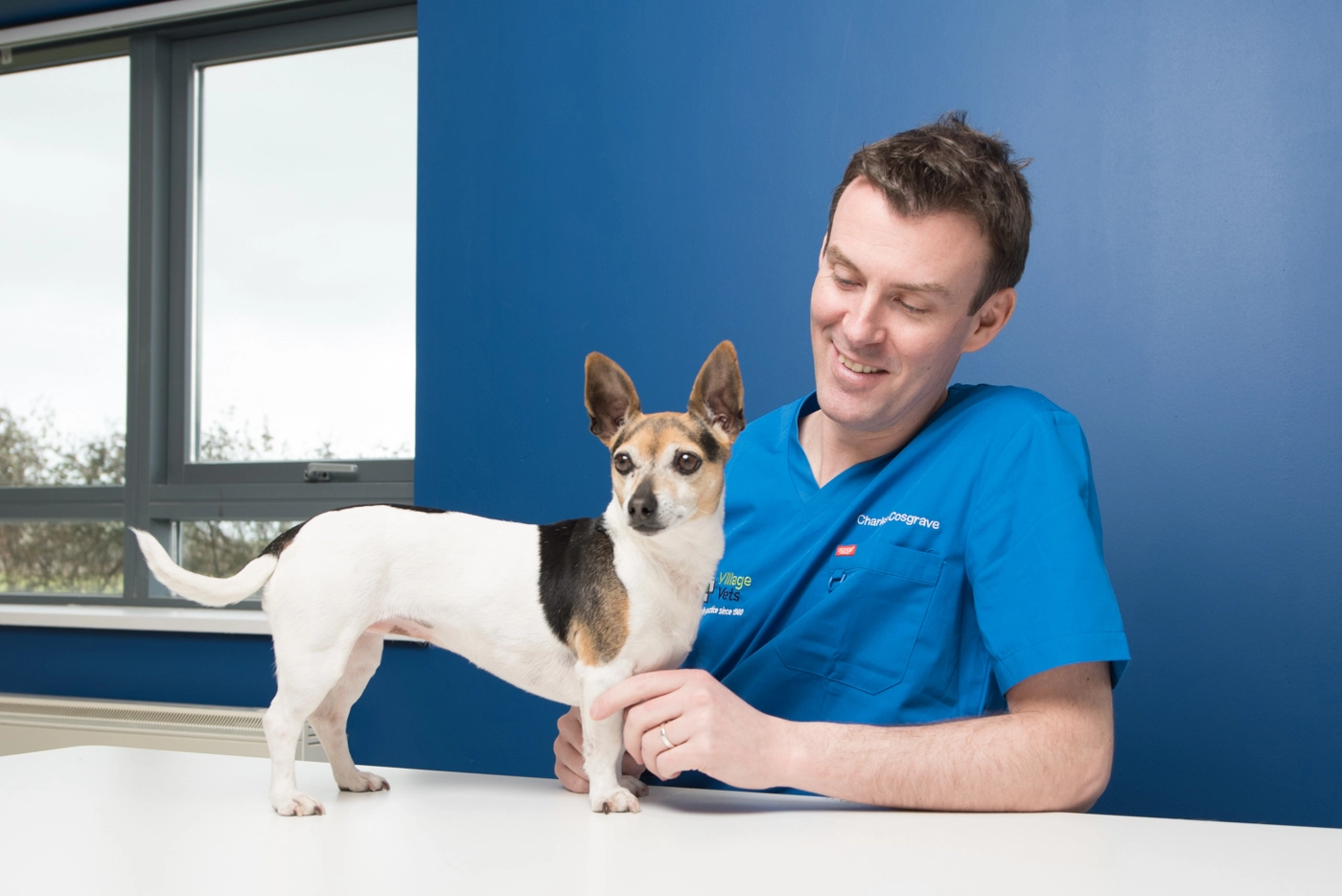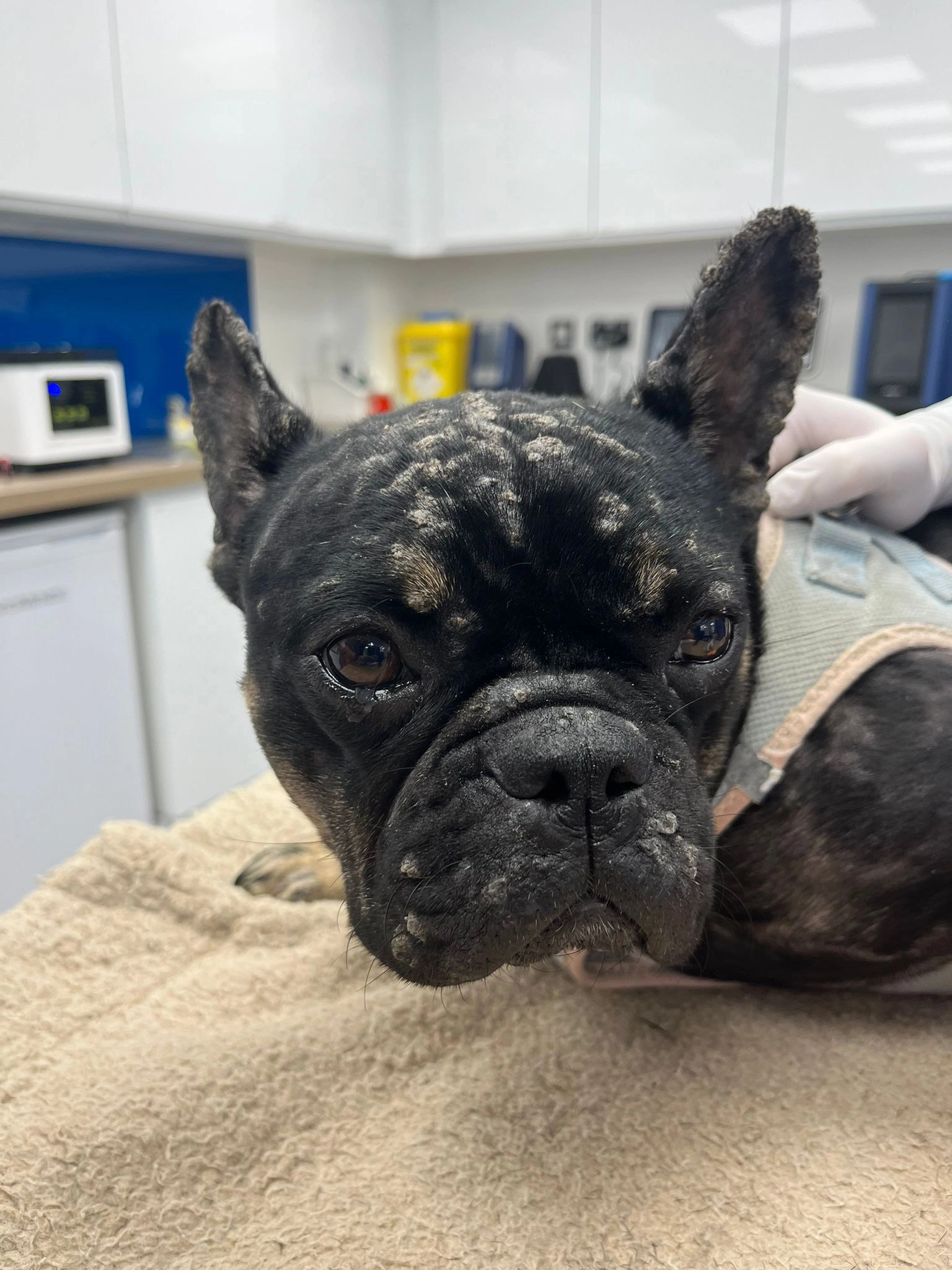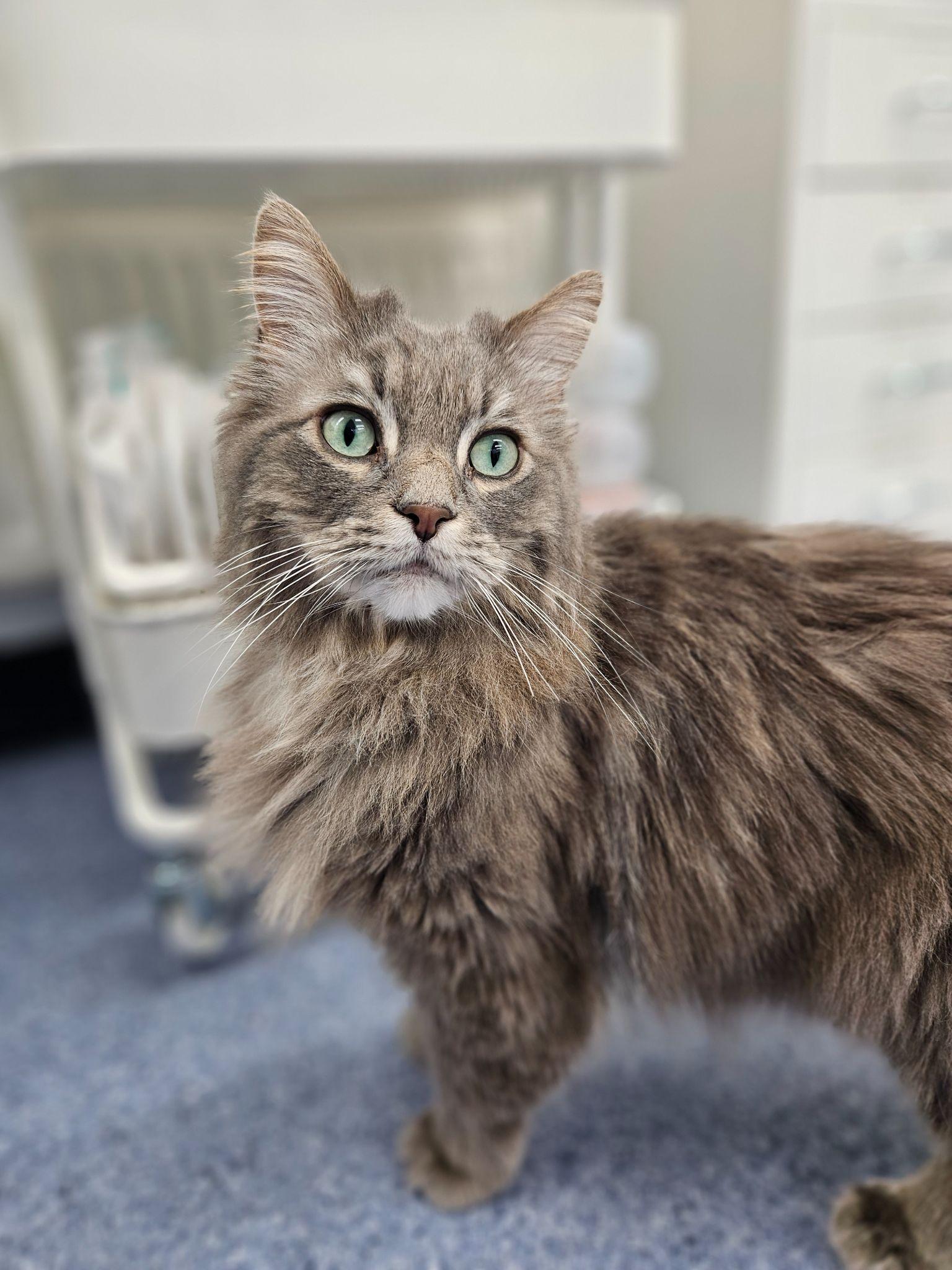The vast majority of dogs and cats, at some point, will need some form of operation or surgical intervention; this could be a routine procedure like neutering or non-routine surgery like removing a foreign body or stitching a traumatic wound. Sometimes it can happen when you least expect it and have no control over it, but certainly, what needs to happen is you, as a loving pet parent providing post-operative care.
When your pet receives treatment, your local vet will always provide after-care advice on how to look after them and their expected recovery time. Be sure to follow your vet’s instructions; they may be very specific and important regarding the type of your pet’s surgery. Nevertheless, some simple tips can help your pet recover faster at home without further complications.
Arriving home
Before leaving the vets to take your sick sweetie home, you might get a prescription for your pet. It might be pills, medicine in liquid form or creams; it depends on the complexity of the surgery. The doctor will explain what medicine your pup will need and how to take it; you can also ask for the best advice on administering prescriptions at home.
After your pet’s surgery, you might notice that your furry friend is not quite themselves; they might be quiet and sleepy. This behaviour is normal as your darling had a bit of anaesthesia during the surgery, which should wear off in the next 24 hours. It is a good idea to keep cats indoors and take dogs outside only for a short stroll to do their business and be very delicate with the bandage or stitches your pup might have.

Environment
Provide your sick honey with a relaxing and calm environment, so your pet doesn’t get anxious or unsettled. Ideally, make a secluded and warm room with dim lights accessible. If you have other pets or children, keeping them away from your pet while they are recovering would be a good idea.
We also suggest checking on the wounded area twice a day for any swelling or pain around the area, especially if there is liquid coming out of the injury. These are the signs of possible inflammation that can lead to slower healing and infection; best to call your vet for a check-up.
Keep an eye on the dressings or any loose bandages, as this can also lead to unnecessary scratching of the area, which can result in infection. If you need to change the dressing, it is better to do it at the vet’s as they know best how to cover the wound without restricting blood flow.
Don’t Skip Your Dog’s Follow-Up Appointment
Follow-up appointments are important as they allow your vet to make sure that your darling is getting better and check on any signs of infection. The follow-up appointments will ensure a quick recovery for your pet without further complications that might happen.
It is important to attend this appointment as bandages and wound coverings must be changed or removed by the specialist. Not changing the bandages at the right time could lead to pressure sores or even affect the blood supply to the area.
If any issues arise during recovery at home, like extreme swelling of the wound, or changes in behaviour without improvement for a long time, we recommend you reach out to your closest vet here. We wish your pet a speedy recovery, and if any worries or doubts, give us a ring!
Happy Barking!




